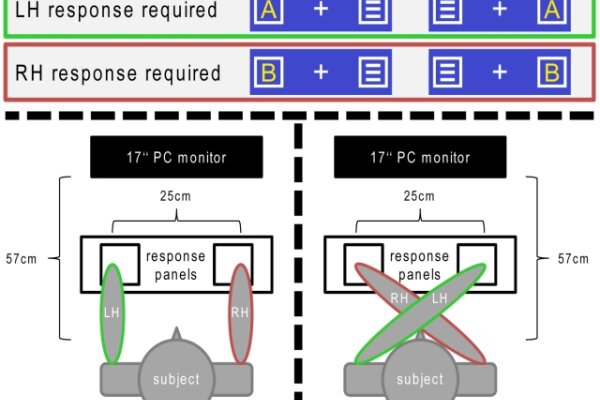2013-04-26

It is well-kown that sensory information influences the way we execute motor responses. However, less is known about if and how sensory and motor information are integrated in the subsequent process of response evaluation. We used a modified Simon Task to investigate how these streams of information are integrated in response evaluation processes, applying an in-depth neurophysiological analysis of event-related potentials (ERPs), time-frequency decomposition and sLORETA. The results show that response evaluation processes are differentially modulated by afferent proprioceptive information and efference copies. While the influence of proprioceptive information is mediated via oscillations in different frequency bands, efference copy based information about the motor execution is specifically mediated via oscillations in the theta frequency band. Stages of visual perception and attention were not modulated by the interaction of proprioception and motor efference copies. Brain areas modulated by the interactive effects of proprioceptive and efference copy based information included the middle frontal gyrus and the supplementary motor area (SMA), suggesting that these areas integrate sensory information for the purpose of response evaluation. The results show how motor response evaluation processes are modulated by information about both the execution and the location of a response.

It is well-kown that sensory information influences the way we execute motor responses. However, less is known about if and how sensory and motor information are integrated in the subsequent process of response evaluation. We used a modified Simon Task to investigate how these streams of information are integrated in response evaluation processes, applying an in-depth neurophysiological analysis of event-related potentials (ERPs), time-frequency decomposition and sLORETA. The results show that response evaluation processes are differentially modulated by afferent proprioceptive information and efference copies. While the influence of proprioceptive information is mediated via oscillations in different frequency bands, efference copy based information about the motor execution is specifically mediated via oscillations in the theta frequency band. Stages of visual perception and attention were not modulated by the interaction of proprioception and motor efference copies. Brain areas modulated by the interactive effects of proprioceptive and efference copy based information included the middle frontal gyrus and the supplementary motor area (SMA), suggesting that these areas integrate sensory information for the purpose of response evaluation. The results show how motor response evaluation processes are modulated by information about both the execution and the location of a response.